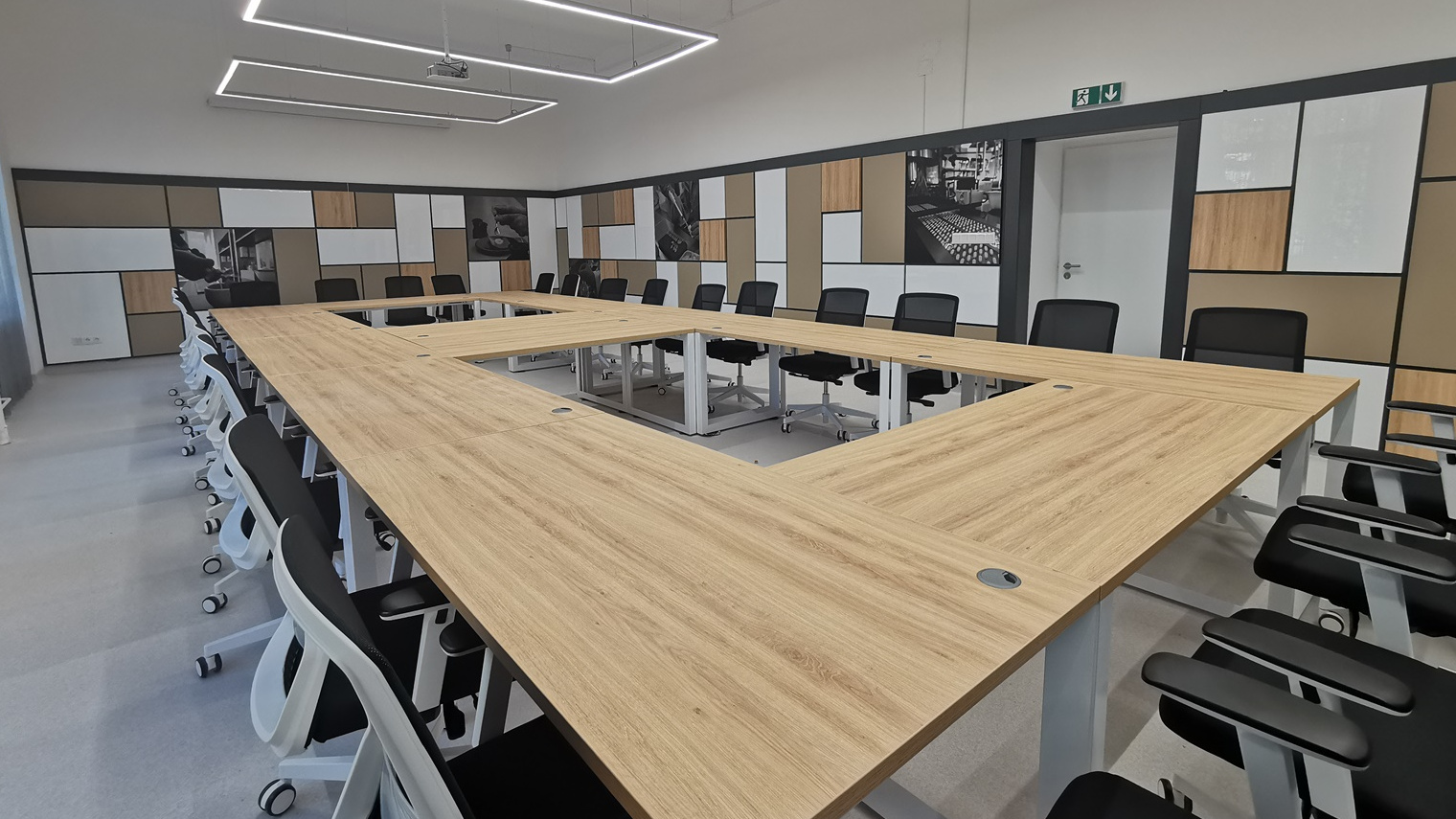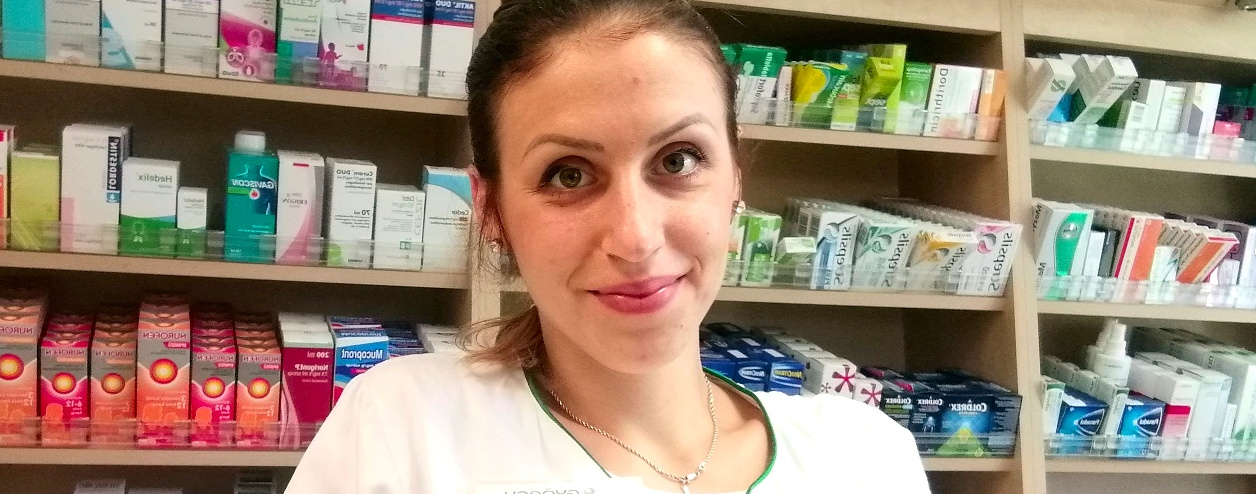News
„When I grow up, this is where I will be working” – students visited the Tissue Printing laboratory of the Faculty of Pharmacy
Tuesday, 18 October, 2022
Almost 30 fourth grade students from the Béla Kovács Primary School in Patacs visited the UP Faculty of Pharmacy Tissue Printing laboratory for a career orientation day, during which they had the opportunity to study cells under a microscope, get to know the laboratory equipment and take part in a simple experiment as well. Based on what they saw, some of these students could be the researchers of the future.
by Miklós Stemler
It would be hard to rank what the students found most interesting in the János Szentágothai Research Centre Wnt Signalling and Biotechnology Research Groups’s Tissue Printing laboratory: liquid nitrogen at minus 190 degrees Celsius, cell growths studied under a microscope, various incubators and bioreactors, or the entire atmosphere of the department. The enthusiastic fourth graders listed the wonders of the laboratory, and the experience might influence their future as well.
The students of the Béla Kovács Primary School have taken part in “cell visitation” for the second time in the tissue printing lab; what started as an emergency solution last year is now becoming tradition.
“Students came here with the help of some parents in 2021 for the first time due to a cancelled event, but the visit was such an experience for both us and the students that we wanted to repeat it” – says Judit Bóvári-Biri, assistant lecturer at the Department for Medical Biotechnology, member of the Biotechnology Research Group, about the beginnings.
Even though fourth graders might seem a bit young for a laboratory visit that is usually organised for students preparing for career choices in secondary school or university, ten-year-olds are ideal participants for multiple reasons.
“They are already interested in the world, and they are a lot more open than older generations who are already orienting towards something, and their attention is a lot more concentrated. They notice everything, are not afraid to ask questions, and they ask very clever and inspiring things” – added the assistant lecturer.
The children had plenty of to-the-point, clever questions indeed while they studied cell growths under a microscope, watched liquid nitrogen containers, incubators and bioreactors. They also received an introduction into the basics of cell functions. As a closing event, they could participate in a simple experiment during which the DNA in their saliva was extracted.
According to Judit Bóvári-Biri, these opportunities are important because even complicated and abstract research can be brought closer to children. And this is exactly what happened: there were no bored students during the two hours of the visit, everyone was paying attention and participating in the discussions.
It is no wonder that based on an impromptu survey, many of them would like to imagine themselves as researchers based on what they saw – even though there were some who preferred becoming a professional football player upon hearing about the strict academic requirements – one boy even quietly stated: “When I grow up, this is where I will be working.”
Much time has to pass until then, but the members of the Wnt Signalling and Biotechnology Research Group are happy to welcome interested students they can inspired and be inspired by.
Photos:
Lajos KALMÁR

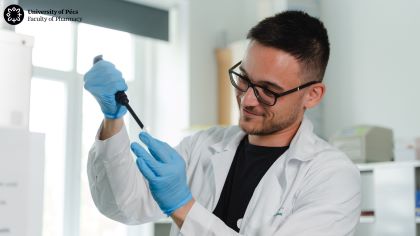
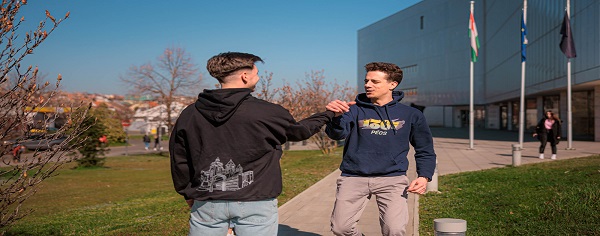
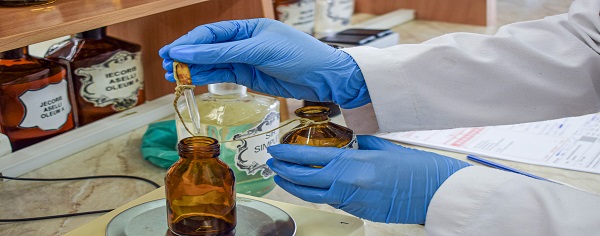

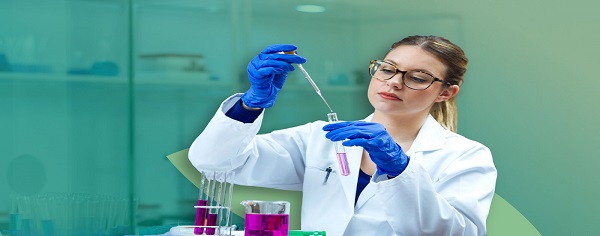
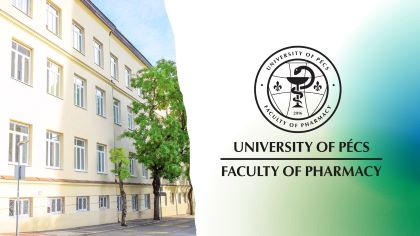
jpg.jpg)
